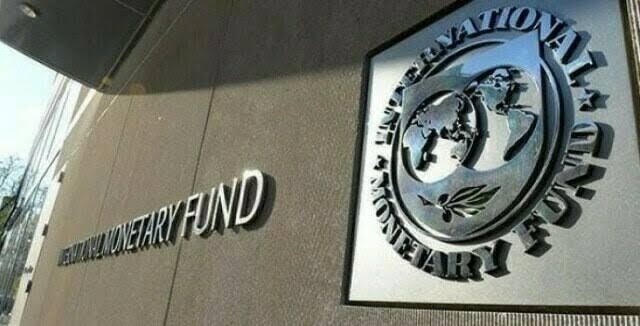Pakistan has repaid a $1 billion loan to the Industrial and Commercial Bank of China (ICBC) in two separate payments. This repayment has temporarily lowered the country’s foreign exchange reserves to $10.6 billion. The move is part of Pakistan’s ongoing efforts to manage its external debt and stabilize its economy.
In addition to this repayment, another $300 million loan from ICBC is scheduled to be paid in April. The government is hopeful about refinancing this upcoming payment, and discussions with creditors are still underway. Pakistan continues to depend significantly on Chinese financial support. In fact, there is a total of $2.7 billion in Chinese loans set to mature between April and June, highlighting the strong reliance on China for funding.
At the same time, Pakistan is waiting for a staff-level agreement from the International Monetary Fund (IMF) for a $1 billion tranche. This agreement has not yet been approved, but its approval is considered a critical step toward easing the country’s financial challenges.
The government is also engaged in talks on real estate and tax reforms as part of a broader strategy to attract external financing. Pakistan is aiming to secure $5 billion from foreign sources to help stabilize its economy. These reforms are expected to create a more attractive environment for both local and international investors by improving fiscal policies and strengthening the overall business climate.
As Pakistan works through its current economic challenges, these financial measures and reform efforts are seen as important steps toward reducing dependency on external loans and building a more stable economic future. The government’s focus on refinancing, along with the planned reforms, reflects its commitment to achieving long-term economic stability and growth.


